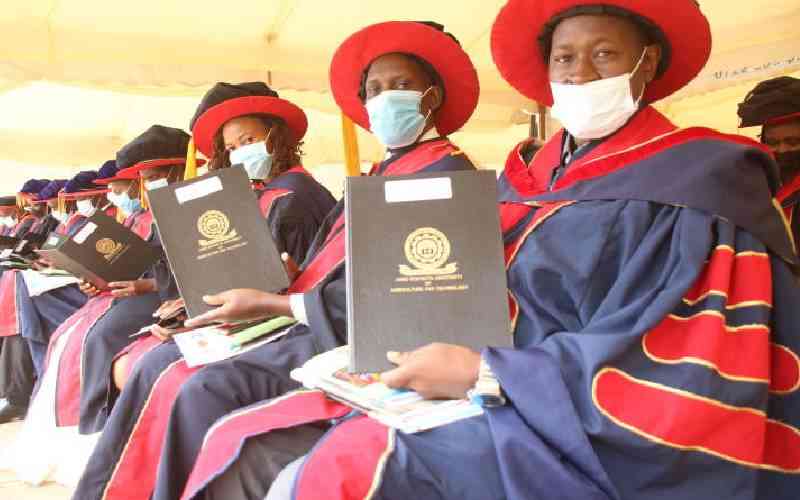×
The Standard e-Paper
Home To Bold Columnists

A fresh round of university staff layoffs looms as the National Treasury issued fresh directives to enhance the viability of institutions of higher learning.
At the same time, parents may be forced to pay higher university fees as the government proposes a review of the tuition money.